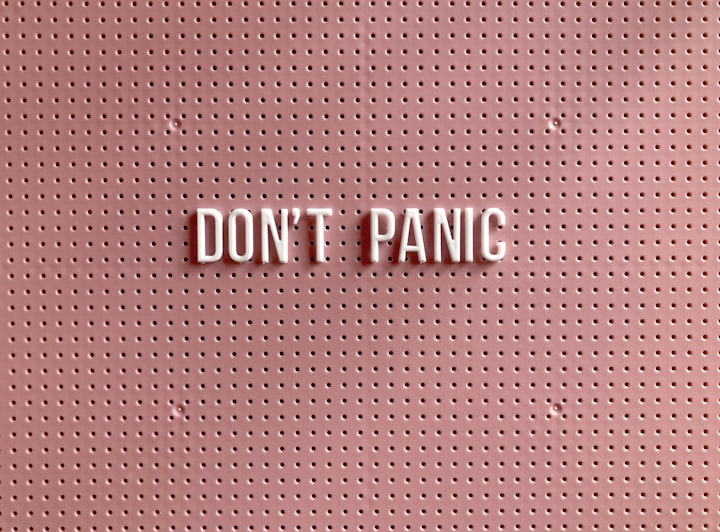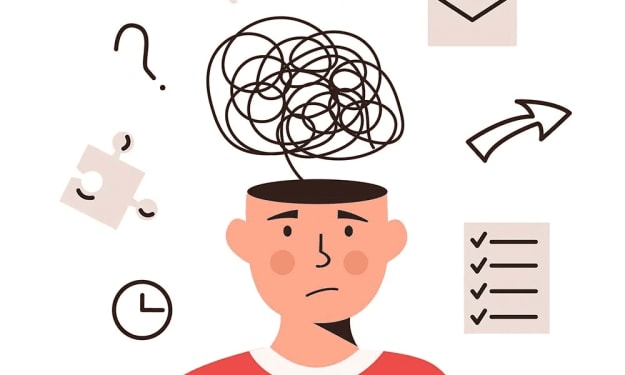Coping with Panic Attacks: Practical Strategies for Managing Anxiety
Coping with Panic Attacks: Practical Strategies for Managing Anxiety
Anxiety disorders affect millions of people worldwide, with panic attacks being one of the most common symptoms. These sudden and intense episodes of fear can be debilitating, causing individuals to feel overwhelmed and out of control. However, there are practical strategies available to manage panic attacks and cope with anxiety effectively. In recent years, the advent of online therapy has provided individuals with additional support and resources for managing their anxiety. In this article, we will explore various techniques for coping with panic attacks and discuss the benefits of anxiety therapy online.
Recognize the Signs and Symptoms:
Before learning how to cope with panic attacks, it's important to recognize the signs and symptoms associated with anxiety. Common indicators include rapid heartbeat, shortness of breath, dizziness, trembling, chest pain, and a sense of impending doom. Understanding these physical and emotional cues can help individuals identify panic attacks and respond proactively.
Practice Deep Breathing:
When a panic attack strikes, focusing on your breathing can help restore a sense of calm. Take slow, deep breaths in through your nose, filling your belly with air, and then exhale slowly through your mouth. This technique can regulate your heart rate and reduce feelings of anxiety.
Employ Relaxation Techniques:
In addition to deep breathing, incorporating relaxation techniques into your daily routine can help manage anxiety overall. Techniques such as progressive muscle relaxation, guided imagery, and meditation can promote a sense of relaxation and decrease stress levels. These practices can be easily learned through online resources or anxiety therapy online.
Challenge Negative Thoughts:
Panic attacks often arise from distorted or irrational thoughts. It's crucial to challenge these negative thoughts by asking yourself if they are based on reality. Try to identify evidence that contradicts your anxious beliefs, replacing them with more realistic and positive perspectives. Cognitive-behavioral therapy (CBT) techniques, commonly used in anxiety therapy online, can be highly effective in restructuring negative thought patterns.
Engage in Regular Exercise:
Exercise has proven benefits for mental health and can significantly reduce anxiety symptoms. Engaging in physical activity releases endorphins, which are natural mood elevators. Regular exercise also helps regulate sleep patterns and boosts overall well-being. Consider incorporating activities like walking, jogging, yoga, or dancing into your routine to help manage anxiety.
Build a Support Network:
Having a strong support system is essential when coping with panic attacks. Reach out to friends, family, or support groups who understand and can offer encouragement. Sharing your experiences with others who have gone through similar situations can provide validation and reassurance. Additionally, anxiety therapy online offers a platform to connect with professional therapists who specialize in anxiety disorders.
Utilize Grounding Techniques:
During a panic attack, grounding techniques can help bring your focus back to the present moment and reduce the intensity of the episode. Try the "5-4-3-2-1" technique: Acknowledge and describe five things you can see, four things you can touch, three things you can hear, two things you can smell, and one thing you can taste. This exercise helps divert your attention from anxiety-inducing thoughts.
Practice Self-Care:
Taking care of your physical and emotional well-being is vital in managing anxiety. Prioritize self-care activities that promote relaxation, such as taking baths, practicing hobbies, reading, or engaging in creative outlets. Make sure to maintain a balanced lifestyle by getting enough sleep, eating a nutritious diet, and avoiding excessive caffeine or alcohol, which can exacerbate anxiety symptoms.
Explore Online Therapy Options:
Anxiety therapy online has become increasingly popular in recent years, providing individuals with convenient access to professional help from the comfort of their homes. Online platforms offer various services, including one-on-one therapy sessions, group counseling, and self-guided resources. This accessible form of therapy can be an effective tool in learning coping mechanisms and developing strategies to manage panic attacks.
Consider Medication and Professional Help:
In severe cases of panic disorder, medication prescribed by a healthcare professional may be necessary. Medications such as selective serotonin reuptake inhibitors (SSRIs) or benzodiazepines can help manage symptoms and reduce the frequency of panic attacks. It's important to consult with a qualified medical practitioner or therapist to discuss the most appropriate treatment options for your specific situation.
In conclusion, coping with panic attacks requires a multifaceted approach that combines practical strategies and professional support. By recognizing the signs and symptoms, practicing relaxation techniques, challenging negative thoughts, and engaging in self-care activities, individuals can effectively manage anxiety. Furthermore, the emergence of anxiety therapy online provides a valuable resource for those seeking professional guidance and support. Remember, you are not alone in your journey, and with the right tools and support, you can learn to cope with panic attacks and live a fulfilling life.






Comments
There are no comments for this story
Be the first to respond and start the conversation.